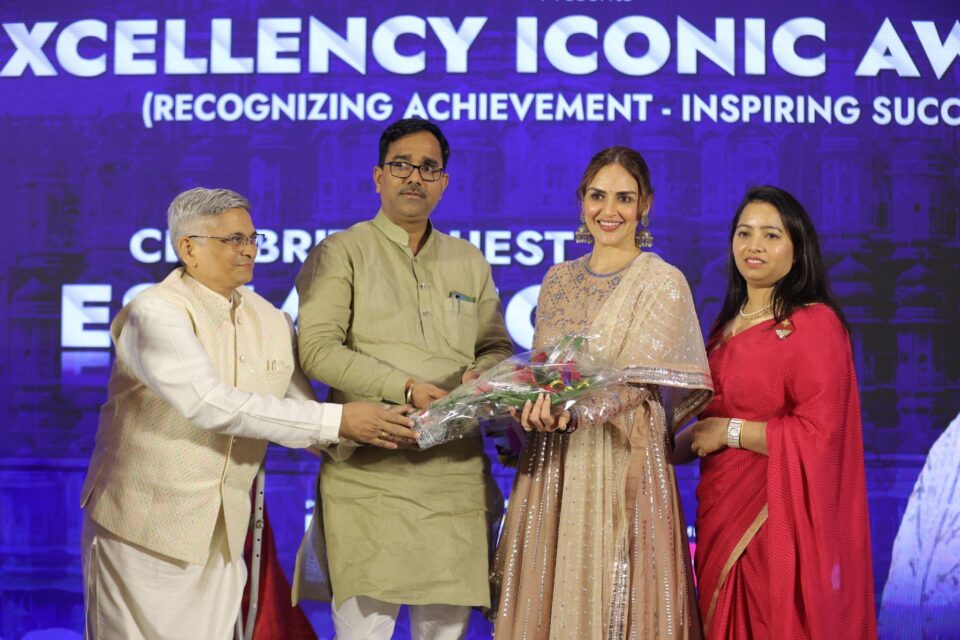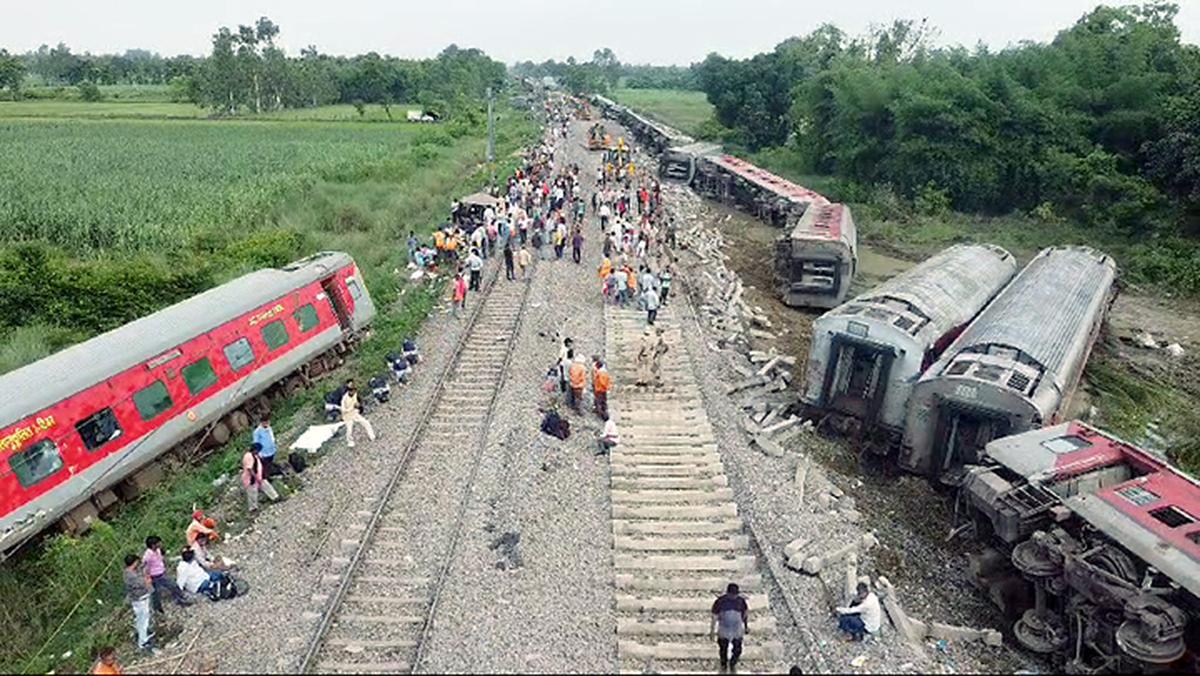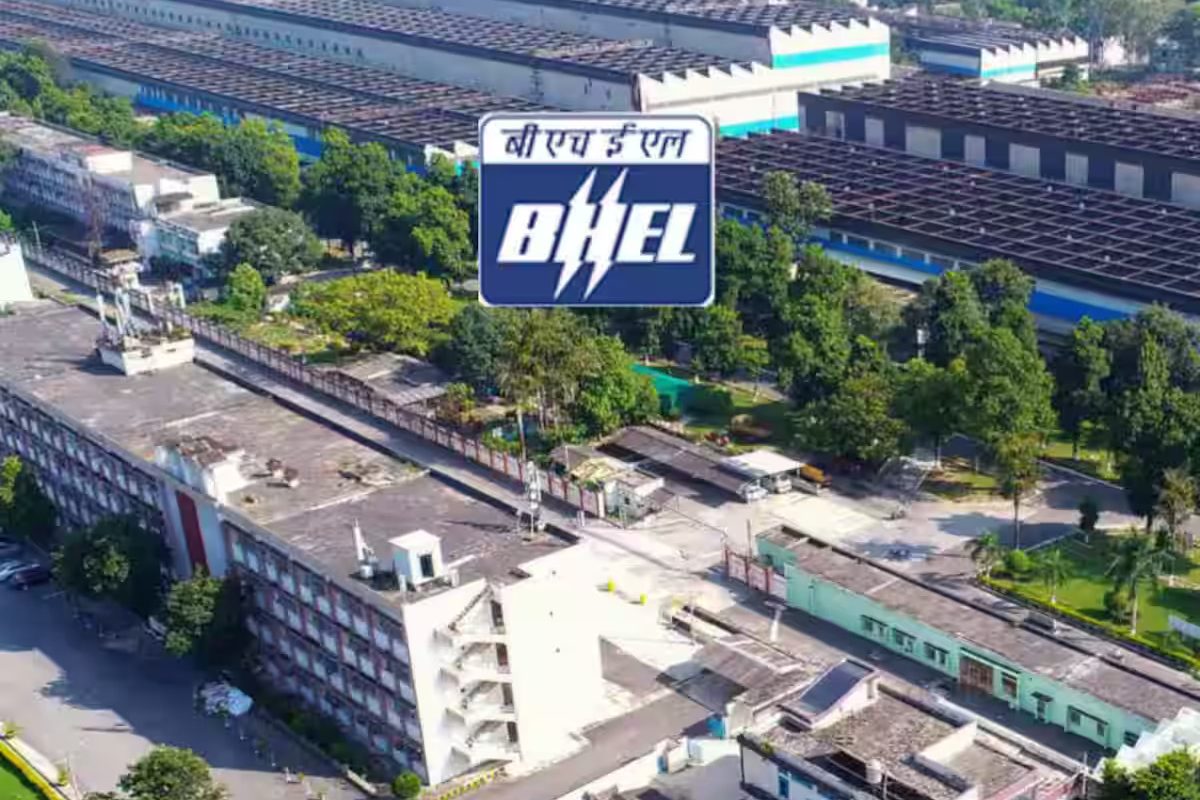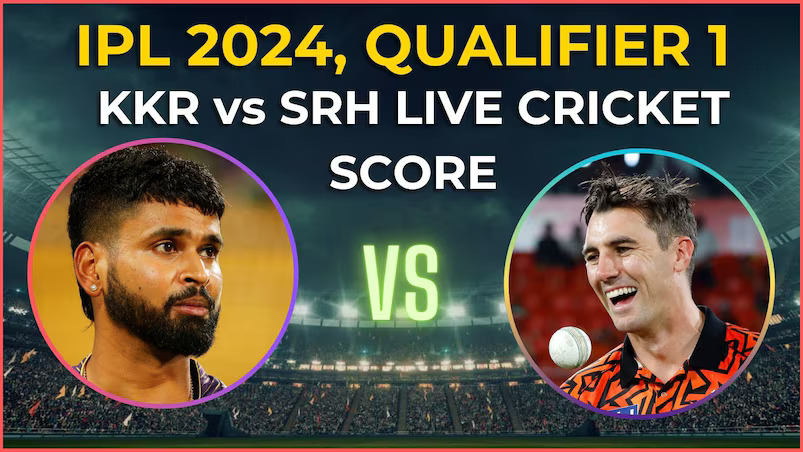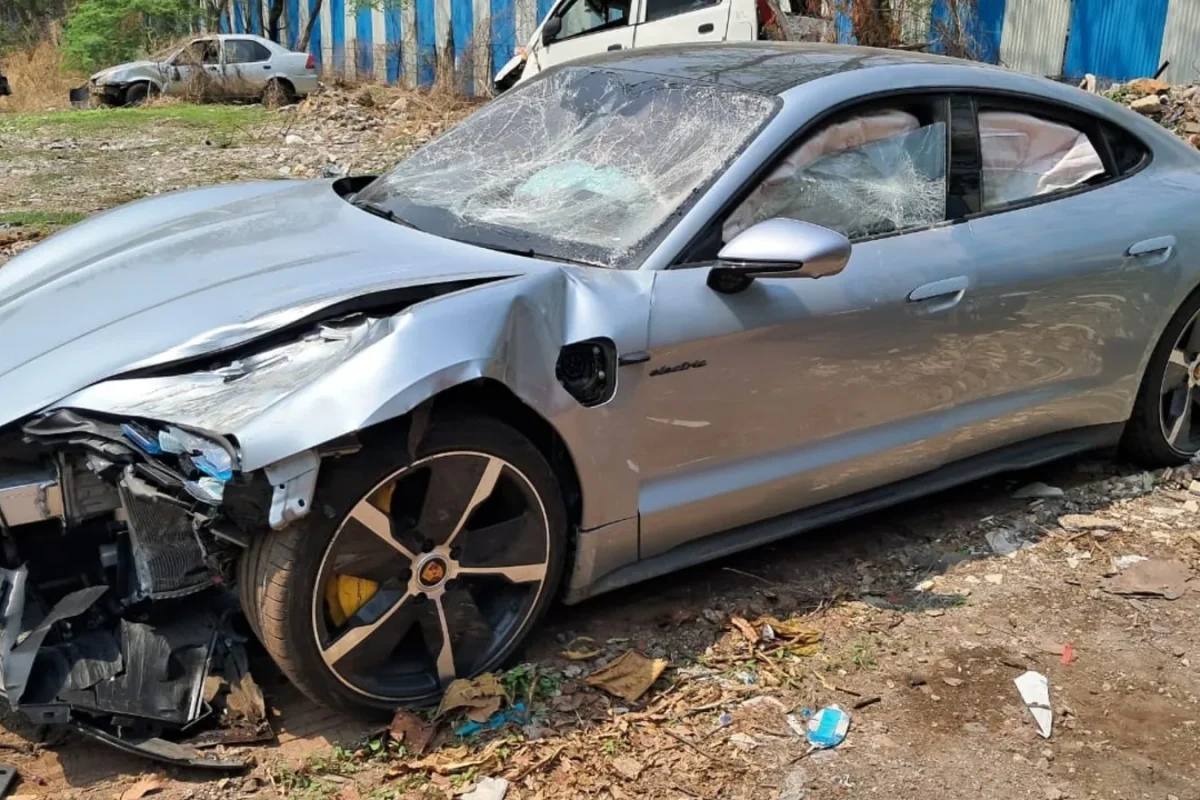The Agniveer scheme, introduced by the Indian government, aimed at recruiting youth for short-term military service, has been a subject of heated debate. Initially met with mixed reactions, the scheme has recently faced significant backlash from political allies of the ruling Bharatiya Janata Party (BJP). Following the Samajwadi Party’s (SP) criticism, the Janata Dal (United) or JD(U), a key BJP ally, has also called for a review of the scheme. This blog delves into the details of the Agniveer scheme, the criticisms it has faced, and the implications of JD(U)’s demand for a review.
What is Agniveer Scheme
The Agniveer scheme was launched with the objective of modernizing India’s armed forces and providing youth with an opportunity to serve the nation for a short period. Here are the key features of the scheme:
- Short-term Service: Recruits, known as Agniveers, would serve in the armed forces for a period of four years.
- Youth Engagement: The scheme targets young individuals aged 17.5 to 21 years.
- Skill Development: Agniveers are promised skill development opportunities and post-service benefits to aid their reintegration into civilian life.
- Financial Package: A financial package including a monthly salary, risk and hardship allowances, and a lump sum payment upon completion of service.
Initial Reception and Criticism
When the Agniveer scheme was first announced, it received a mixed response. Supporters lauded it as a progressive step towards a more agile and youthful military, while critics raised concerns about its implementation and long-term impact on the armed forces and recruits.
Key Criticisms:
- Job Security: Concerns about the lack of long-term job security for Agniveers after their four-year service period.
- Training and Integration: Questions about the adequacy of training and the ability of short-term recruits to integrate effectively with career soldiers.
- Post-Service Prospects: Doubts regarding the effectiveness of the post-service benefits and skill development programs in ensuring stable employment for former Agniveers.
JD(U)’s Criticism and Call for Review
JD(U), a significant political ally of the BJP, has recently joined the chorus of voices seeking a review of the Agniveer scheme. Here’s a closer look at JD(U)’s stance:
Reasons for JD(U)’s Criticism:
- Youth Unrest: JD(U) has expressed concerns about the potential for unrest among youth, who may feel insecure about their future after the short-term service ends.
- Economic Impact: The party has raised questions about the economic viability of the scheme and its impact on long-term employment rates.
- National Security: Concerns have been voiced regarding the implications of having a large number of short-term recruits on the overall effectiveness and cohesion of the armed forces.
Statements from JD(U) Leaders
Nitish Kumar, JD(U) President and Bihar Chief Minister: Kumar has been vocal about the need for a comprehensive review, emphasizing the potential social and economic repercussions of the scheme.
Party Spokespersons: Various JD(U) spokespersons have reiterated the need for a rethink, citing widespread apprehensions among the public and within the armed forces.
The Agniveer scheme, while ambitious in its goals, has faced substantial criticism from various quarters. The recent call for a review by JD(U), a key ally of the BJP, underscores the need for a thorough reassessment of the scheme’s objectives, implementation, and long-term impact. As the debate continues, it is crucial for policymakers to engage with stakeholders, address valid concerns, and ensure that the scheme effectively balances the needs of the armed forces with the aspirations and security of the nation’s youth.





